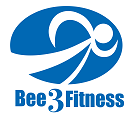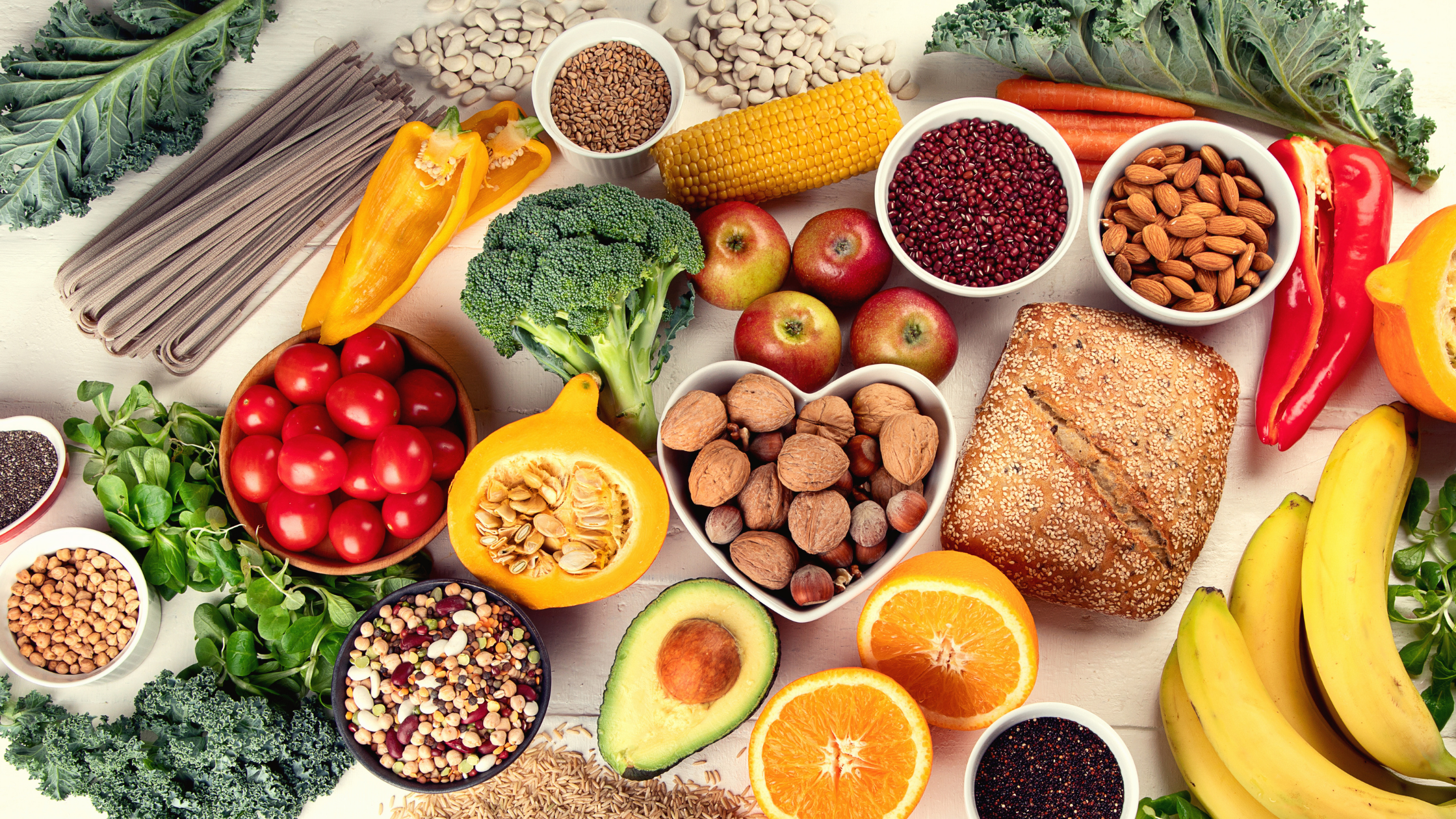We know that you need to fuel your body for a great workout and for consistent performance gains. But just as important to your performance is hydration. No athlete can compete to their best capability without proper hydration.
Before we fall into the trap of just looking into all the different types of sports drinks out there, let’s look at the most essential ingredient to athletic performance, water.
Water has many important functions in the body:
Maintains the health and integrity of all cells in the body
Regulates body temperature and cools the body down through sweating
Aids digestion, nutrient absorption, and flushes toxins and waste from the body
Assists in blood circulation, blood pressure and helps to carry nutrients and oxygen to our cells
Supports our metabolism to provide energy
Protects and cushions our organs
Lubricates joints and tissues
Can help manage hunger cues and food cravings
Supports the immune system by assisting in absorbing important vitamins, minerals, and nutrients from your food, which will increase your chances of staying healthy.
Boosts cognitive function
Helps improve your mood as dehydration may result in fatigue and confusion as well as anxiety
Proper hydration is especially important before, during and after we exercise. Taking in adequate fluid is essential to performance and also safety. The longer and more intensely you exercise, the more important it is to drink the right kind of fluids.
Fluid Loss
Things that affect fluid loss in athletes include:
High sweat rate: some athletes sweat more than others. If you sweat a lot, you are at greater risk for dehydration
Training and competition duration and intensity
Hot or humid conditions, heat increases your fluid loss through sweating
Certain medical conditions, such as diabetes or heart disease
Your current fitness, because fitter people tend to sweat more and earlier in their exercise
Altitude. Higher altitudes cause an increase in fluid losses
Medications that can act as a diuretic, causing your body to lose more fluid
Diuretics. Diuretics are substances which when taken into the body cause your body to lose water. They typically include caffeine containing fluids such as coffee and tea.
Signs of Dehydration
Dehydration occurs when your body’s water content is too low. Here are some body signals that indicate you haven’t had enough fluid:
Headaches
Fatigue
Mood changes
Slow reaction times
Dry nasal passages
Dry or cracked lips
Dark coloured urine
Muscle cramps
Weakness
confusion
Hallucinations
If you experience any of these symptoms, you need to increase your fluid intake. A good test of dehydration is the colour of your urine. If it’s pale and clear it means you’re well hydrated. The darker it is, the more fluid you need to drink.
Another sign of dehydration is a lack of sweat during vigorous activity, when you expect to sweat. No sweating is a sign that you’re both dehydrated and probably suffering heat exhaustion.
Before Activity
In previous blog posts we have covered what and when to eat to prepare for your workouts, as well as how to support your body nutritionally during the rest of the day, but it is so important to address hydration before you even start your workout. While coffee is a liquid, it does not actually contribute to your hydration needs!
As mentioned above, when you exercise your core body temperature rises. In response, your body sweats to dissipate excess heat so it doesn't overheat. Staying hydrated replaces the water lost through sweating and is essential for thermoregulation, helping to prevent cramps, heat exhaustion and heat stroke. You want to stay ahead of this by starting your workouts well hydrated. The more hydrated you are, the longer or harder you can go before you start struggling with the heat.
Water also helps with transport of nutrients throughout your body, maintaining appropriate blood pressure, lubrication of joints, and to help eliminate waste and metabolites.
To ensure adequate pre-exercise hydration, athletes should drink 2-2.5 cups (500-600mL) of fluid 2 hours before exercise. If tolerated, drink ½ -1 cup (125-250mL) 10 to 20 minutes before exercise.
During Activity
We have a tendency to think that if we are using liquid fuel options that that counts as hydration, and I suggest that you keep your fuel and hydration separate. An important consideration is, if the concentration of fuel that you take in, has a higher concentration than your bloodstream, you will not be able to absorb it, leading to lack of energy, cramps and eventual digestive distress. So, you want to make sure that you are hydrating as well as fueling.
A guideline to start with is 1/2 - 1 cup fluid every 20 minutes. In hot conditions, it could go as high as 2 cups every 20 minutes. Aim to drink fluids on a consistent schedule (set a watch timer), do not take an on-the-fly approach.
A better way is to determine your sweat rate (how much fluid you lose) during different activities (adapted from Precision Hydration).
1. Go for a pee and then weigh yourself naked in kilograms (kg). (A)
2. Do your planned workout and record exactly how much you drank (1ml = 1g and 1000g = 1kg). (X)
3. After your done your workout, dry yourself and weigh yourself naked again. (B)
4. Now subtract your post-exercise weight (B) from your pre-exercise weight (A) to get the weight you lost during the session.
Weight lost (C) = A-B
5. You can now calculate your sweat rate…
(C+X) / time.
Use this number to calculate how much fluid you should take in per hour.
Note: It’s best to aim not to pee during these sessions as this can skew the results. However, if you do have to go, it’s not a bad estimate to assume a fluid loss of ~0.3l (300ml) per bathroom stop.
You then just need to subtract 300ml (0.3kg) from your estimated sweat rate at the end.
What About Electrolytes?
Electrolytes give water it’s electric charge, which is incredibly important for cellular communication. The amount of electrolytes that you need is also different for each individual. Factors such as, sweat concentration, sweat rate, temperature, humidity, individual body chemistry and body composition contribute to your unique electrolyte requirements. How much sodium you should consume during exercise will vary from athlete to athlete. So, experiment in training to dial in what works best for you. As a starting point, try consuming 300-800 mg of sodium per hour. I also recommend that you look into getting a sweat composition test and track your sweat rate over multiple types of workouts to really dial in your plan. I’ve used Precision Hydration (not affiliated to them) and found it to be a game changer, especially in the heat.
Using Food to Support Hydration
Balance electrolytes:
The electrolytes that you should pay attention to in your diet for hydration and balance are:
Sodium and calcium are typically abundant in our diets – but it is important to take note that when you sweat you might need additional sodium. A good way to get in extra sodium is to add a pinch of mineral sea salt into your water first thing in the morning or around workouts.
Magnesium found in dark leafy greens, nuts/seeds, avocado, legumes, and dark chocolate.
Potassium found in avocados, sweet potato, squash, and beans.
Eat fiber rich foods:
Fiber along with hydration helps to create bulk in your stool as well as improve the absorption and assimilation of nutrients into your cells.
Foods high in fiber include:
Fruits like apples, bananas, and berries
Vegetables like broccoli, cauliflower, carrots, and kale
Nuts like almonds, cashews, and walnuts nuts
Seeds like flaxseeds, chia seeds, and hemp seeds
Beans and legumes like black beans and lentils
Grains like quinoa, rice, and buckwheat
Eat foods high in water.
Eating foods high in water content will add to hydration levels.
Fruits and vegetables that are high in water content include:
Melons such as watermelon, honeydew or cantaloupe
Strawberries
Pineapple
Peaches
Oranges
Bell peppers
Broccoli
Celery
Cucumbers
Lettuce
Zucchini
Add other fluids:
Include drinks such as:
Herbal tea
Smoothies
Coconut water
Milk alternatives (almond, coconut, hemp etc.)
Sparkling mineral water with lemon
Natural vegetable and fruit juices
Try to avoid drinking too many of the following drinks which can work against your hydration levels:
Coffee
Processed Fruit Juices
Alcohol
Energy Drinks
Pay attention to quality of water:
For athletes and active people, it’s important to drink water high in minerals, natural spring water being the preferred option.
Although true hydration comes down to more than just drinking water, you don’t want to be playing catch up. I recommend you carry around a water bottle and sip continuously throughout the day not just around exercise for the best results.
Enjoy and hydrate well!
Tanya R.H.N.
Sports Holistic Nutritionist
Strength and Conditioning Coach
Multisport Coach





